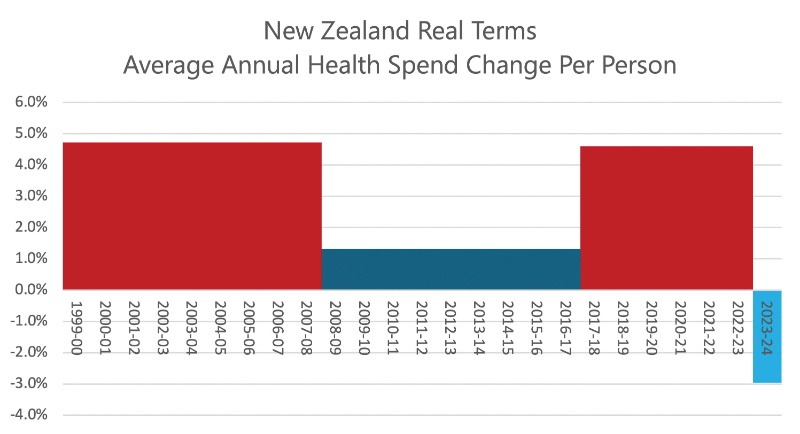Gut Flora Could Hold Key To Kiwi Survival
Could the secret to kiwi survival be in its poo?That’sthequestionManaaki Whenua researchers are seeking to answer.
Brown Kiwi (Apteryxmantelli)arehighlyvulnerable to extinction in the wild, with populations currently in serious decline. Even though ongoing conservation efforts such as Operation Nest Egg (O.N.E) have increased their survival rate, the stress of captivity and the high density of chicks co-habiting still puts them at risk of disease, especiallyfromthe potentially lethal coccidia parasite.
In one of the most extensive research projectsinvolvingkiwiyet,Manaaki Whenua researchers are trackingover40 birds through different life stages at the National Kiwi HatcheryAotearoainRotoruaby monitoring their faeces.
“Our aim is to build a deeper understanding of the biology and physiology of kiwis living in captivity,” saysDrManpreet Dhami, a Biocontrol and Molecular Ecology researcher at Manaaki Whenua. “One component of that isto find outwhat is happening in their gut,to understand thegut microbiome or flora.”
Manpreet says theimportance of the birds’ gutflora has been overlooked in the past.“Even though every effort is made to get their living conditions right, being in captivityis quite unlike what kiwis experience in their natural habitat. This research aimsto understand how thecaptiveenvironment is shaping the microbial communities in the gut of the kiwi.”
“Theendgoalisto put good microbes back into the kiwi to give them the best possible start to life.”
It’sbeenthe job ofdoctoral studentPriscilla San Juan from Stanford University, California,tocollect the kiwis’dailyofferings.
“I collect their first poos after they hatch, then when they are in the brooder room and then when they are in the outdoor runs. They start with an artificial diet in thehatcheryand brooder rooms and then move to a more natural diet with invertebrates that are naturally occurring in the soil.
“By monitoring what is in their faeces, wecan track differences through the microbiomeasdifferent microbes colonise and assemble in the gut.”
Priscilla saysworkingwith the National Kiwi Hatchery Aotearoa has made it easier to track kiwis through their different life stages.
“Here each kiwi is meticulously checked against various health parameters. They get weighed either weekly or daily and we canlinkdifferent data points – weight, whether they take medication, whether they have parasites–tothe different microbial communities we findineach faecal sample.”
Manpreet saysthere are few ways toprotectkiwiagainst parasites such as coccidiosis,sothe researchers are hopingthe microbial community may contain bacteriaimportant for disease resistance, andthat promotehealthygut.
“Rather than medicate for diseasesin the hatcheries, wemaybe able todevelop preventativeprobiotics.”
It’san option welcomed byZooand Aquarium Association (ZAA) Species co-ordinator and Kiwi Recovery group member Todd Jenkinson.“Coccidiosis is one of the biggest health issues the birds faceat the moment. Being able to address thisin a way thatminimises the stress and welfare concerns, especially with the young birds,is really important for us.”
Emma Bean, the Kiwi Husbandry Manager at theNational Kiwi HatcheryAotearoa,says the research will guide best practice towards looking after kiwi in captive breeding programmesacross Aotearoa andaround the world.
The research programme, which is in its second year, has been funded by the Strategic Science Investment Fund, with supplementary funding from theOrnithological Society of New Zealand. The National Kiwi Hatchery is owned by Ngāi Tahu Tourism.
An accompanying video is available.


 Gordon Campbell: On The Americanising Of NZ’s Public Health System
Gordon Campbell: On The Americanising Of NZ’s Public Health System Walk Without Fear Trust: New Sentencing Reforms Aimed At Restoring Public Safety Welcomed
Walk Without Fear Trust: New Sentencing Reforms Aimed At Restoring Public Safety Welcomed Rio Tinto & NZAS: Archaeological Project Underway From Historic Excavations At Tiwai Point
Rio Tinto & NZAS: Archaeological Project Underway From Historic Excavations At Tiwai Point New Zealand Deerstalkers Association: NZDA Urges Hunters To Prioritise Safety This Roar Season
New Zealand Deerstalkers Association: NZDA Urges Hunters To Prioritise Safety This Roar Season PSA: 1000 Days Since Landmark Pay Equity Deal Expired - Workers Losing $145 A Week
PSA: 1000 Days Since Landmark Pay Equity Deal Expired - Workers Losing $145 A Week Grace Tinetali-Fiavaai, RNZ: Widow Of Fa'anānā Efeso Collins Seeks Inquiry Into His Death - 'Unanswered Questions'
Grace Tinetali-Fiavaai, RNZ: Widow Of Fa'anānā Efeso Collins Seeks Inquiry Into His Death - 'Unanswered Questions' Te Pāti Māori: Te Pāti Māori Call For Mandatory Police Body Cameras
Te Pāti Māori: Te Pāti Māori Call For Mandatory Police Body Cameras


